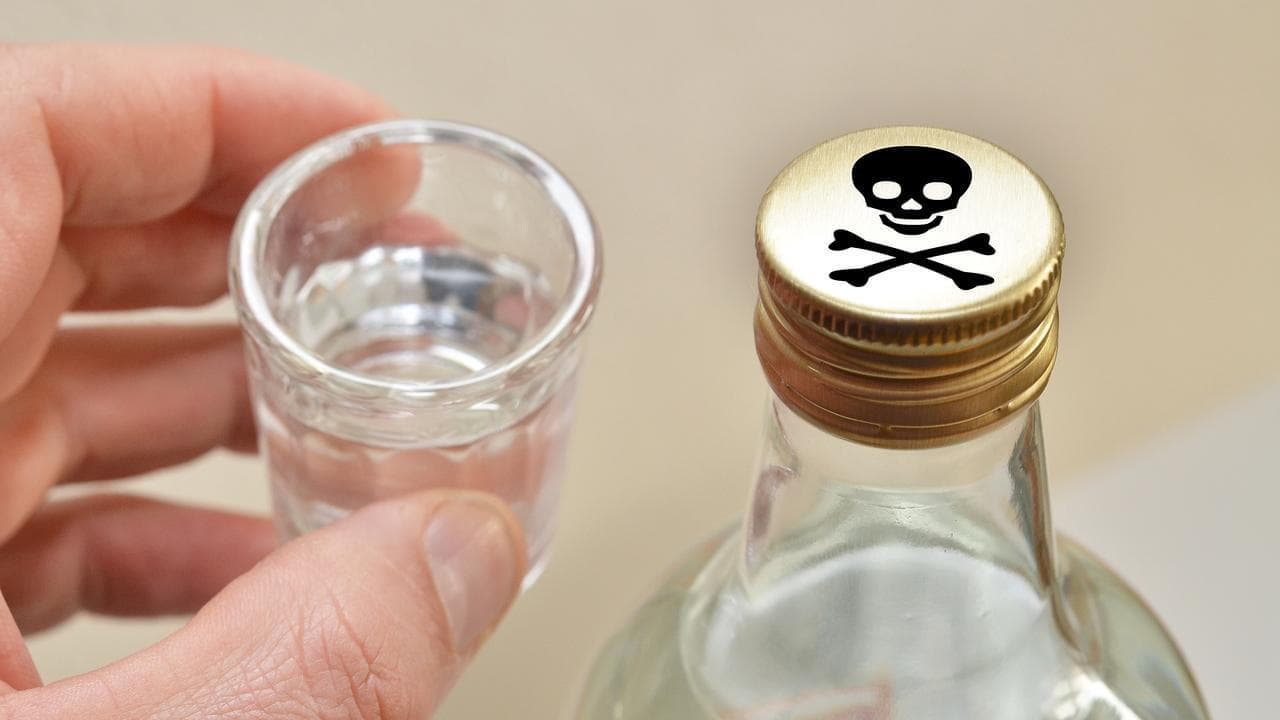WHAT WAS CLAIMED
You can’t extinguish an electric vehicle (EV) fire as water makes their batteries burn.
OUR VERDICT
False. Experts says EV battery fires can be put out with water or specialised fire extinguishers.
A viral post doing the rounds on Facebook claims electric vehicles (EV) pose a serious danger because fires in their batteries can't be put out with water.
But there's not a spark of truth to the claim, with experts telling AAP FactCheck water can be safely used on EV battery fires.
A New Zealand Facebook user shared a version of the post (screenshot here) on July 12 under the headline "ANOTHER ONE BITES THE DUST DISASTER!!!"
The post, which is "copied from a friend", makes disparaging claims about EV batteries including if someone "is involved in a crash, and people are trapped inside, the fire brigade have to isolate the battery before they cut into the car" and "the problem with crashing any ev is that if you are trapped, you're dead, as it is impossible to remove victims. Also can't put a battery fire out. Water makes lithium burn."
Versions of the post have been shared widely on Facebook as seen here, here and here.
However, chemistry and fire experts say water can safely be used on EV battery fires.
"The post being shared online is incorrect," Paul Turner, Fire and Emergency New Zealand's (FENZ) national manager response capability, told AAP FactCheck in an email.
Neeraj Sharma, an associate professor of chemistry at the University of NSW with a focus on improving battery technology, agrees the claim is false.
"Water itself isn't a bad thing. You can use it to put out the flames of an EV fire," he told AAP FactCheck in an email.
Professor Hua Kun Liu, co-ordinator of the energy materials research group at the University of Wollongong's Institute for Superconducting and Electronic Materials, also points out water can be used on EV battery fires.
"Both internal and external (battery) short circuit can be extinguished with water, because water cooling effect is better than dry powder extinguisher," she told AAP FactCheck in an email.
Lithium is an element used for many purposes, and it does react with water to form lithium hydroxide and hydrogen. The reaction is "gently fizzing" and isn't violent.
Chris Ling, a professor of chemistry at the University of Sydney, told AAP FactCheck lithium-ion batteries, which are used in EVs, are not the same as lithium in its raw form.
"The lithium-ion batteries currently used in EVs are not based on lithium metal - they are designed so that the lithium stays as oxidised Li+ ions," he said in an email.

Lithium-ion batteries are the "dominant technology" in electric vehicles. They use lithium ions which are separated from their electrons and move from the anode to the cathode portion of the battery, passing through an electrolyte where they recombine with their electrons and electrically neutralise.
Unlike rechargeable lithium-ion, lithium metal batteries are "primary cell" batteries which cannot easily be recharged. They are often used in common household items such as flashlights, cameras and toys.
Both types of batteries are recognised as possible fire hazards. A process known as thermal runaway in damaged or overheated batteries can lead to a fire.
However, those fires can be extinguished using water.
"Applying water to an EV lithium-ion battery does not make it burn any more," Mr Turner said. "In fact, it has the reverse happen. Water starts to cool the battery which in turn eventually slows the thermal runaway."
Assoc Prof Sharma says the reaction between water and the electrolyte inside a lithium battery can produce potentially hazardous hydrofluoric acid (HF), although "the amount of HF would be miniscule".
He says specialised fire extinguishers are recommended for certain kinds of fires and with lithium battery fires "water is OK but (fire extinguisher type) class B would be better and the best is the so-called F500 - specifically designed for lithium-ion batteries".
He also says lithium metal itself is not very reactive.
"If you put it in water, it dissolves and generates hydrogen gas. The problem is that in doing so it generates heat and this heat can be problematic. So water will act to cool the system and possibly help put an EV fire out."
The post's claim that restrictions prevent emergency crews from rescuing people in EV fires is also false, FENZ says.
"During fire and emergency car rescue operations, any vehicle, including electric vehicles, must be disabled before rescue commences," Mr Turner said.
"There is no situation that a person could not be rescued from an electric vehicle - they are no different to any other motor vehicle incident our crews attend."
The Verdict
The claim that electric vehicle fires can't be extinguished as water makes lithium burn is false. Experts said most EVs have lithium-ion batteries which are not based on lithium metal. They can be extinguished using water.
It is also false that water makes lithium burn. Instead, lithium reacts in water by fizzing and then gradually dissolving.
False – The claim is inaccurate.
AAP FactCheck is an accredited member of the International Fact-Checking Network. To keep up with our latest fact checks, follow us on Facebook, Twitter and Instagram.












